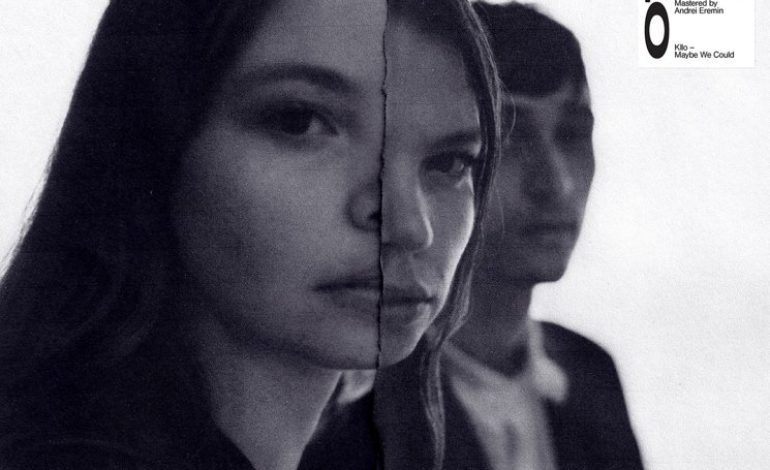

A sonic nostrum for a broken heart
Melbourne-based electropop duo consisting of vocalist Chloe Kaul and producer Simon Lam have just released their second full-length LP–Maybe We Could. Straddling lo-fi and R&B and soft-house, their sound is a refreshingly novel amalgam. Their charm not only comes from this blend, but from their profile too–they are cousins. With a scant 10 songs in a 35-minute span, Kaul endures lovesickness in this bittersweet breakup album, and with aplomb.
What makes it unique is that although what she once had may have been idyllic, the music itself seems to represent the impetus for overcoming her predicament. She sings of something very relatable to most people: the death of a relationship. But, rather than being consumed by her sulking grief, she counters it with retrospective optimism. She will “hope there’s still a place for me like I have for you,” in the first track, “Cursed.” That even though this chapter of intimacy has evaporated, she can adapt to a new facet of post-breakup relation with the anonymous subject. It will not get the best of her. And, the fodder for her optimism is her memory. Maybe this can only exist in memory now, but it’s proper place will always be felt with gratitude and love for ever having happened at all. “When you’re around there’s nothing like it,” but she can only remember this now.
The drum-track is evocative of classic R&B technique–the clipped and ever-continuing hard-hits push on throughout. It is nice to have a background instrument such as percussion rise to the foreground to be the principal instrument in the stream of sound. It can serve as a mantra-like affirmative agent she uses to overcome or it may even be an analogue of the unrelenting passage of time. She cannot pause or retract time, it boldly continues. Yet, the lesson she has seemed to find is that to beat it, one must adapt to it or forever drown in the sorrow of events that will not redact.
What makes it categorically lo-fi is the interplay between the softness of her voice and the softness of the subtly modulated synth. The synth is hushed. It tones down the overall vibration of the album to become direct and intimate, but ultimately unobtrusive. In the fourth track, “My Gemini,” there are these underwater muffled vocals that struggle to fully form while an inexorable broken-record beat cycles somewhat like the conduction of an old ballroom dance. It then morphs into a lo-fi dance beat with a syncopated rhythm, all very juicy, yet suppressed.
This is a narratively developmental album. Listeners can’t help but sympathize with the narrator. She’s not quite over a break-up, that much is evident, and people are allowed a view into how she is coping with it, how she is even trying to amend it. In the seventh track, “Ironhand,” she feels “like a diamond in the rough, not in our prime/ it’s not surprising/ we put on a pantomime/ give me another sign.” Here arises that signature vicissitude between accepting the fate of a broken relationship and moving on, or, on the contrary, to nurse and revive whatever is left of it. She holds to a slim hope that the end could have been avoided, that it can still be salvaged.
Overall, Maybe We Could presents a character people can all project themselves into. And, this is where its poignancy originates from. Most can relate to a situation similar to hers, the way she copes may not be so different from theirs. Or perhaps people can learn new insight into how or why they cope at all from a breakup. And, in this album, the starkest contrast is the music it is set to. It seems to suggest that a breakup, however depressing, is an intrinsic part of life, and more importantly, surmountable. The hidden answer to dealing with a breakup is the alchemical shifting of one’s mindset. Kllo teaches people to still dwell in the past, but with serenity and acceptance at the immutable.
